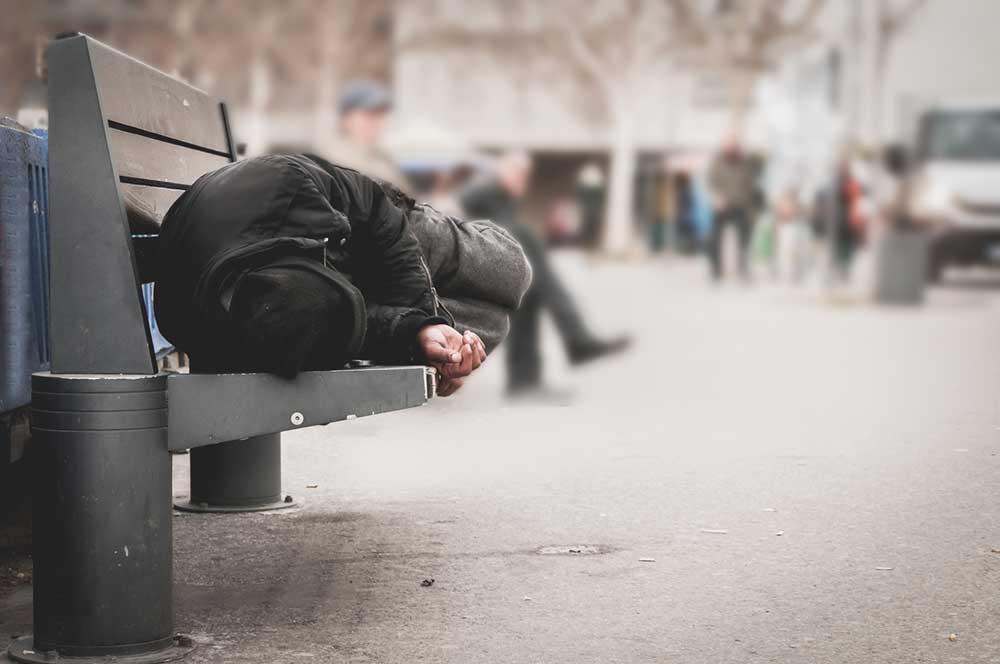Our housing team are experts in getting fair outcomes for people who approach their council for help when they become homeless. You can read more about the process and tests for homelessness assistance [here].
In short, a person is owed a full housing duty by the local authority if s/he is eligible for assistance (this relates to his or her immigration status), s/he is unintentionally homeless or threatened with homelessness and in priority need. The applicant should also have a local connection with the local authority.
In a recent case fought by GT Stewart, the criterion that was in issue was “Priority Need”. You can have priority need for a number of reasons, for example because you have children or because you are, for some reason, “significantly more vulnerable” when homeless than others.
Our client, M, suffers from clinical depression and other mental health difficulties, alcoholism, and severe dyslexia, among other things. By most ordinary understandings of “vulnerable” he would easily pass the test. We submitted evidence to the local authority of our client’s vulnerabilities including a report from his counsellor and his medical notes.
Without further enquiry, the council decided that M was not vulnerable enough to pass the test for assistance.
We appealed to the County Court, arguing that the council had not properly investigated our client’s case. They didn’t have any evidence to contradict our evidence, and they hadn’t even contacted the counsellor or doctor who worked with him. It was irrational and unreasonable to conclude that our client was not vulnerable without any evidence.
A key question in the case was – what does “significantly more vulnerable” actually mean? How much more vulnerable does the applicant need to be for it to be “significant”?
Our Appeal was successful – the local authority’s decision was overturned and they now have to make a fresh decision in the case. In court, the judge accepted our argument that the definition of “vulnerable” should be analogous to “substantial” as per the Equality Act – which means “more than minor or trivial”.
A great outcome for M, and also a step forward in securing fairer decisions for all vulnerable applicants who turn to the local authority for assistance when they become homeless.
You can read more about the case here (Nearly Legal)
